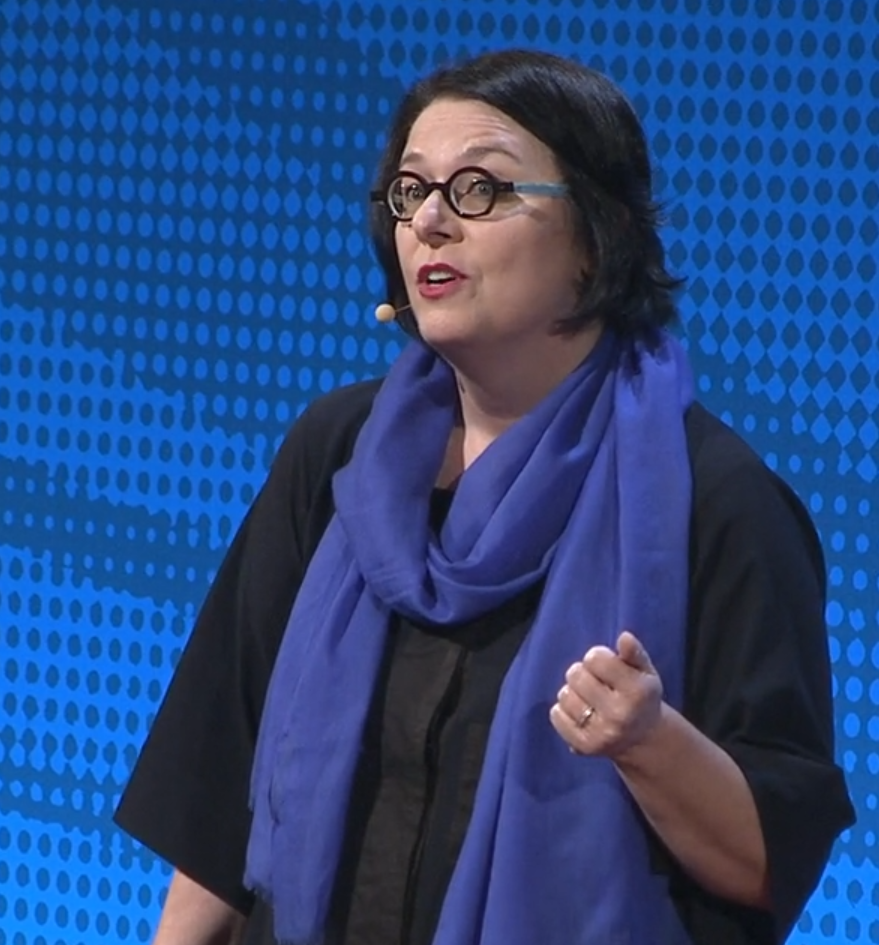
The Humanist’s Emerging Role in Big Data

The combination of big data and advanced analytics can help us find answers to questions that may otherwise stay unknown. But what questions are we asking of our big data sets, and what data are we using? The answers are important, and point to the need for a humanist’s touch in big data projects.
In a recent TED talk and report, Susan Etlinger, a social media analytics expert at the Altimeter Group, elaborated on the need to understand the context surrounding what we do with big data. Beyond just avoiding the types of logical traps that big data can lure us into–such as mistaking correlation for causation—taking a more humanist approach will help big data practitioners not get better answers to our questions, but also maintain better relationships with their constituent communities.
“We can process exabytes of data at lightning speed, and we have the potential to make bad decisions far more quickly, efficiently, and with far greater impact than we did in the past,” Etlinger says during her TED talk, titled “What Do We Do with All This Big Data?
“Great, right?” she continues. “And so what we need to do instead is spend a little bit more time on things like the humanities and sociology, and the social sciences, rhetoric, philosophy, ethics, because they give us context that is so important for big data, and because they help us become better critical thinkers.”
To be sure, humanities researchers and social scientists have already begun using big data tools to give them greater reach into their areas of research. The potential to ingest and categorize tens of thousands of books and manuscripts using text analytics, for example, can help reveal patterns that mere mortals could never spot.
But the humanities that Etlinger is talking about is decidedly different–it’s a warning to businesses, governments, and other organizations to be careful in how they exploit today’s emerging big data resources, and to be mindful in matching the insights they glean to the initial question.
While there are revenues and profits to be had by analyzing big data, there are also potential pitfalls. We risk bringing to fruition the dystopian societies imagined by the 20th century authors Aldous Huxley and George Orwell—narcissistic irrelevance in Huxley’s view and a paranoid surveillance state in Orwell’s–if we abuse our newfound powers, she says.
But it doesn’t have to be that way. “We are not passive consumers of data and technology,” Etliner says. “We shape the role it plays in our lives and the way we make meaning from it, but to do that, we have to pay as much attention to how we think as how we code. We have to ask questions, and hard questions, to move past counting things to understanding them. We’re constantly bombarded with stories about how much data there is in the world, but when it comes to big data and the challenges of interpreting it, size isn’t everything.”
Etlinger warned about the temptation to categorize everything we see into convenient little boxes. Demographic data may tell us what patterns are occurring at a macro level according to people’s gender or their age. But it can’t tell you anything about what people think or what they do. Knowing some thing about someone is not the same as knowing them.
“We need to be clear about our hypotheses, the methodologies that we use, and our confidence in the result,” she says. “As my high school algebra teacher used to say, show your math, because if I don’t know what steps you took, I don’t know what steps you didn’t take, and if I don’t know what questions you asked, I don’t know what questions you didn’t ask. And it means asking ourselves, really, the hardest question of all: Did the data really show us this, or does the result make us feel more successful and more comfortable?”
Big data (by which this newsletter means both the data and the analysis tools) holds the potential to benefit both society and business. The raw potential of big data is unmistakably awesome. But according to Etlinger, wading down into the big data hole without the aid of a humanist guide could do more harm than good.
“To derive insight from data while protecting and sustaining trust with communities, organizations must think deeply about how they source and analyze it and clarify and communicate their roles as stewards of increasingly revealing information,” she writes on her website. “This is only a first step, but it’s a critical one if we are to derive sustainable advantage from data, big and small.”
Related Items:
Is Big Data the Next Big Civil Rights Issue?
Big Data Challenges in Social Sciences & Humanities Research



























